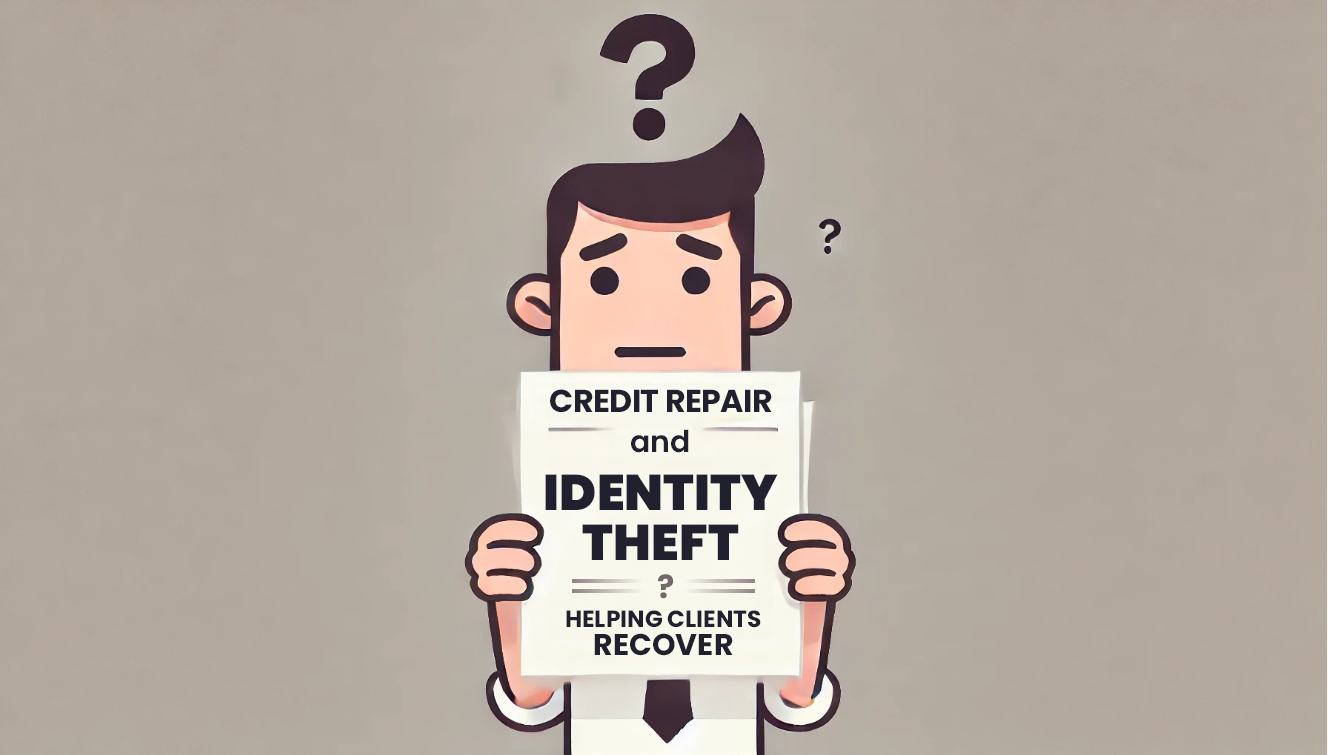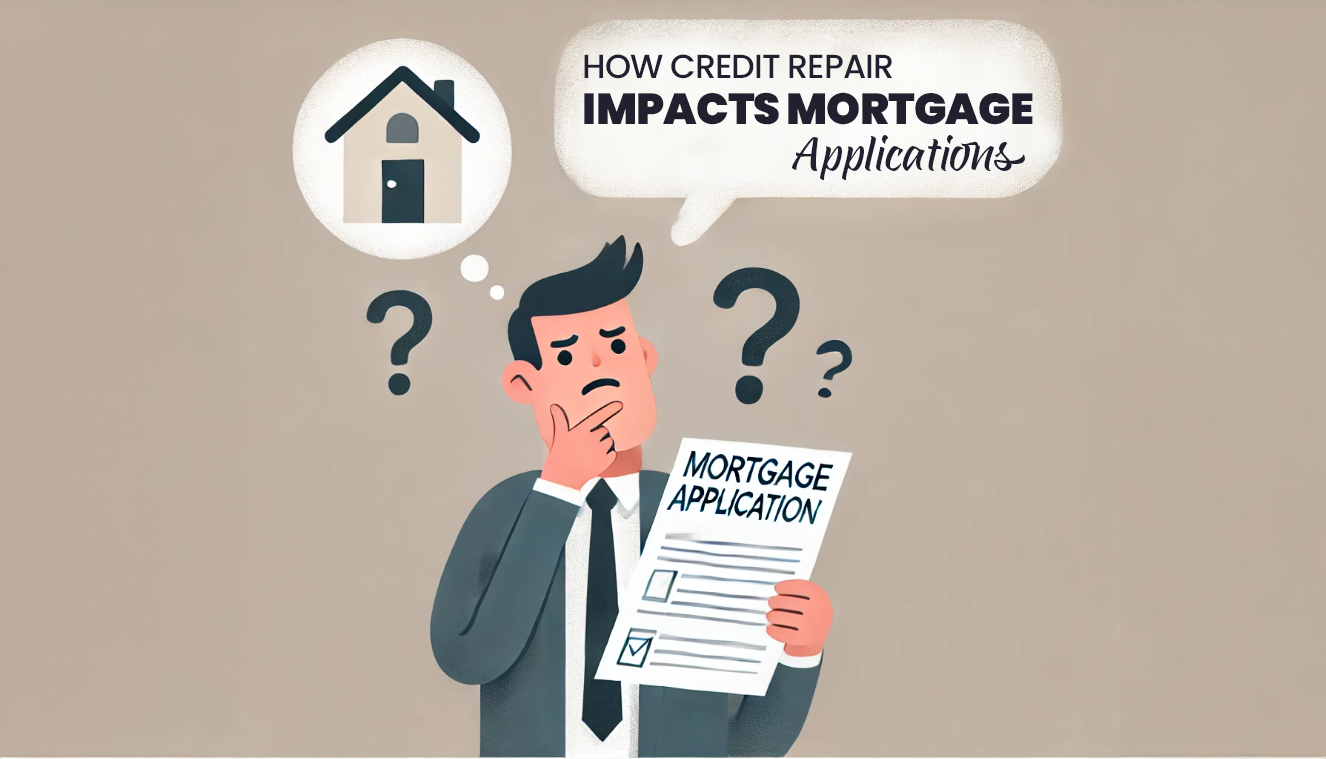FTC and CFPB Report on 2018 Activities to Combat Illegal Debt Collection Practices
FTC and CFPB’s Vigilant Efforts Against Illegal Debt Collection in 2018
The FTC and CFPB shared their 2018 actions against illegal debt collection. Their annual report to Congress on the FDCPA showcased their work, which included law enforcement, education, outreach, and policy initiatives.
In the report, the FTC states that it filed or resolved a total of seven cases against 52 defendants. It obtained more than $58.9 million in judgments, a press release says.The FTC banned 32 companies and individuals for persistent law violations in debt collection. They also focused on addressing four phantom debt collection cases and returned $853,715 to affected consumers.
In 2018, the FTC also:
- Initiated or resolved three additional actions, aside from phantom debt cases, to protect consumers from unlawful debt collection practices.
- Deployed various educational materials through multiple channels to inform consumers about their rights and educate debt collectors on their responsibilities under the FDCPA and FTC Act.
- Collaborated with an informal network of approximately 16,000 community-based organizations and national groups for outreach efforts.
- Distributed 13.4 million print publications to diverse organizations, businesses, and government agencies.
- Logged over 60 million views on business and consumer education websites, with more than 592,000 views of consumer videos on the FTC’s YouTube channel, and over 280,000 email subscribers to consumer blogs.
- Supplied over 24,000 copies of a fotonovela (graphic novel) on debt collection for Spanish speakers to raise awareness about scams targeting the Latino community.
- Logged more than 4.7 million page views on its Business Center, which houses business education resources.
- Released a new Staff Perspective discussing financial issues faced by military servicemembers, including unique challenges in the debt collection context.
- In the report, the Bureau states its intent to issue a Notice of Proposed Rulemaking on debt collection that will address issues ranging from communication practices to consumer disclosures.
The Bureau highlights in the report that it handled approximately 81,500 debt collection complaints related to first-party (creditors collecting on their own debts) and third-party collections. Debt collection is among the most prevalent topics of consumer complaints about financial products or services received by the Bureau. In 2018, the Bureau engaged in six public enforcement actions arising from alleged FDCPA violations. The Bureau brought an action that resulted in an $800,000 civil penalty. It also accepted a judgment in favor of the defendant in a second case. Four other FDCPA cases remain in active litigation.
In 2018, the Bureau also:
- Filed amicus curiae briefs in two FDCPA cases: one in the Supreme Court and one in a federal appeals court.
- Identified one or more violations of the FDCPA through supervisory examinations.
- They conducted a number of non-public investigations of companies. They helped determine whether they engaged in collection practices that violated the FDCPA or the Dodd-Frank Act (DFA).
- Provided consumer debt collection educational materials, which have consistently remained among the most-viewed categories in “Ask CFPB,” an interactive online consumer education tool.
- Trained, as of the end of 2018, over 26,535 staff and volunteers in social service organizations on Your Money Your Goals – a financial empowerment toolkit.
- Continuously operated the 21-day email course called “Get a Handle on Debt Boot Camp,” a program to get periodic messages about steps to manage debt effectively, which attracted 19,294 sign-ups since launching in November 2017.
- Offered five sample letters that consumers may use when they interact with debt collectors, which have now been downloaded more than 607,000 times as of December 2018.
- Offered print publications on financial topics including debt collections, such as the bilingual brochure “Know Your Rights When a Debt Collector Calls”; and
- Continued research projects and market monitoring and outreach activities to improve its understanding of the debt collection market, and to better understand the benefits, costs, and impacts of potential rules, including a report on collecting telecommunication debt, which has aided in the ongoing development of a potential debt collection rule.
The FTC and the Bureau share enforcement responsibilities under the FDCPA. Last month, the agencies reauthorized their memorandum of understanding that continues coordination between the agencies in enforcement, sharing of supervisory information and consumer complaints, and collaboration on consumer education.
Conclusion:
In 2018, the FTC and CFPB joined forces to combat unlawful debt collection practices, aiming to protect consumers. Their annual report highlights significant actions, including legal cases, financial penalties, and educational outreach. The agencies emphasize their commitment to enforcing the Fair Debt Collection Practices Act and ensuring consumer rights are upheld. Collaboration between the FTC and CFPB continues to strengthen, enhancing consumer protection in the financial industry.
For more ScoreCEO how-to guides, tips, and tricks visit ScoreCEO’s How-To page.
Comments are closed.





